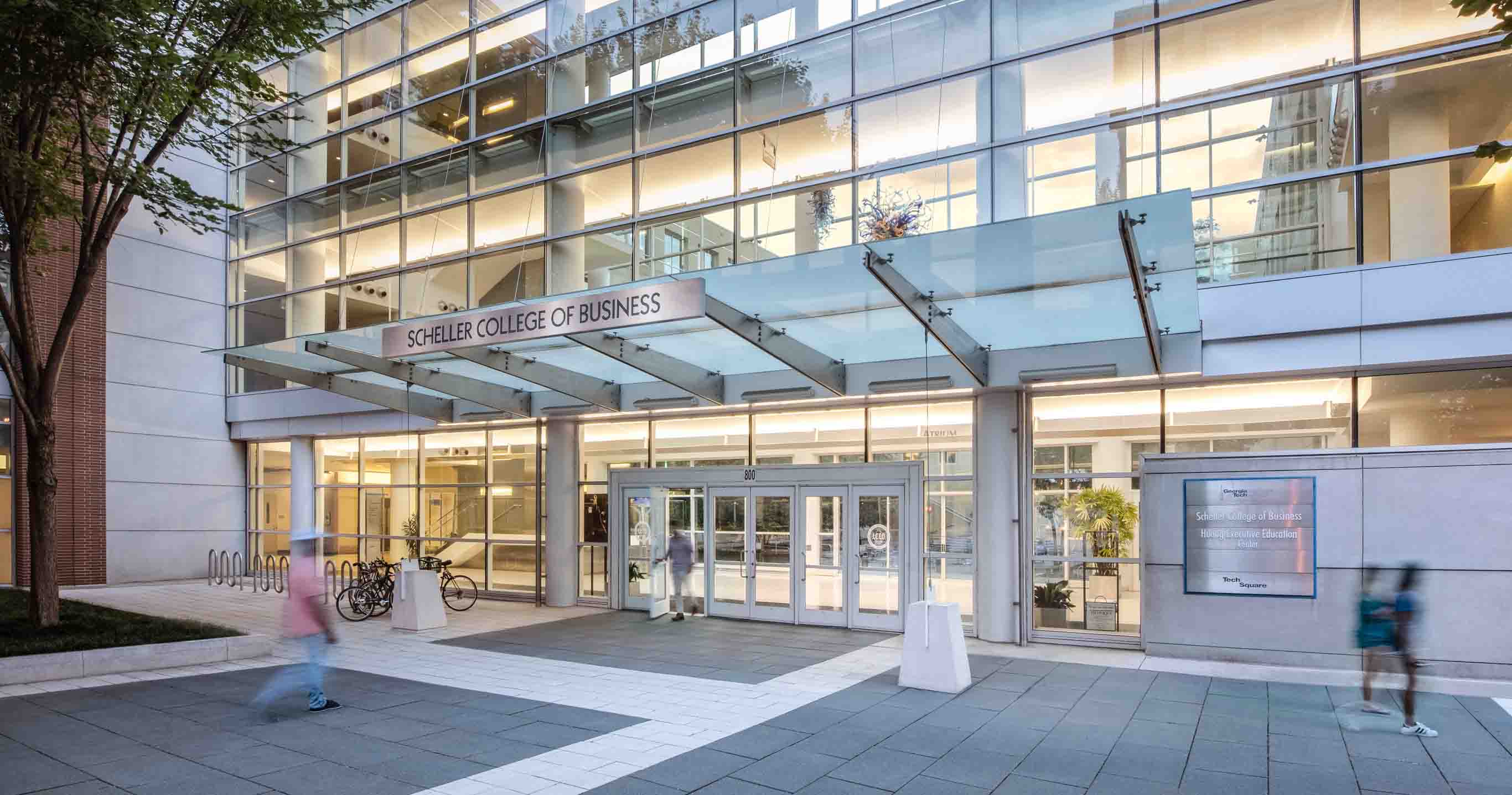The Georgia Tech Scheller College of Business has created an ‘MBA Salary to Tuition Ratio’ tool for evaluating top-ranked MBA programs. The ratio compares the median salary of full-time MBA program graduates to the total out-of-state tuition and fees for the two-year-program, allowing prospective students to gauge a program's cost-effectiveness. The tool can serve as a valuable indicator in assessing top-ranked programs and their potential return on investment (ROI).
If a salary to tuition ratio is high, it means that graduates typically earn a salary that is high relative to the total cost of tuition, making the program a stronger investment. On the other hand, a low ratio implies that the starting salary is not as high compared to tuition cost, indicating that the program may not offer as favorable of an ROI.
Other Factors to Consider
Aside from the MBA salary to tuition ratio, other considerations such as program reputation, desired career path, scholarships and fellowships, cost of living, and overall job market for MBA degree holders should also be taken into account. However, the salary to tuition ratio remains a useful tool in making an informed decision about your educational investment. Learn more about MBA salary increases and jobs you can get with an MBA.
Note: This table reflects 2025 U.S. News & World Report rankings, most recently published median starting salary data (if median salary is not available, average salary is used), and most recently published out-of-state total tuition and fees.
Last updated: 4/8/2025


